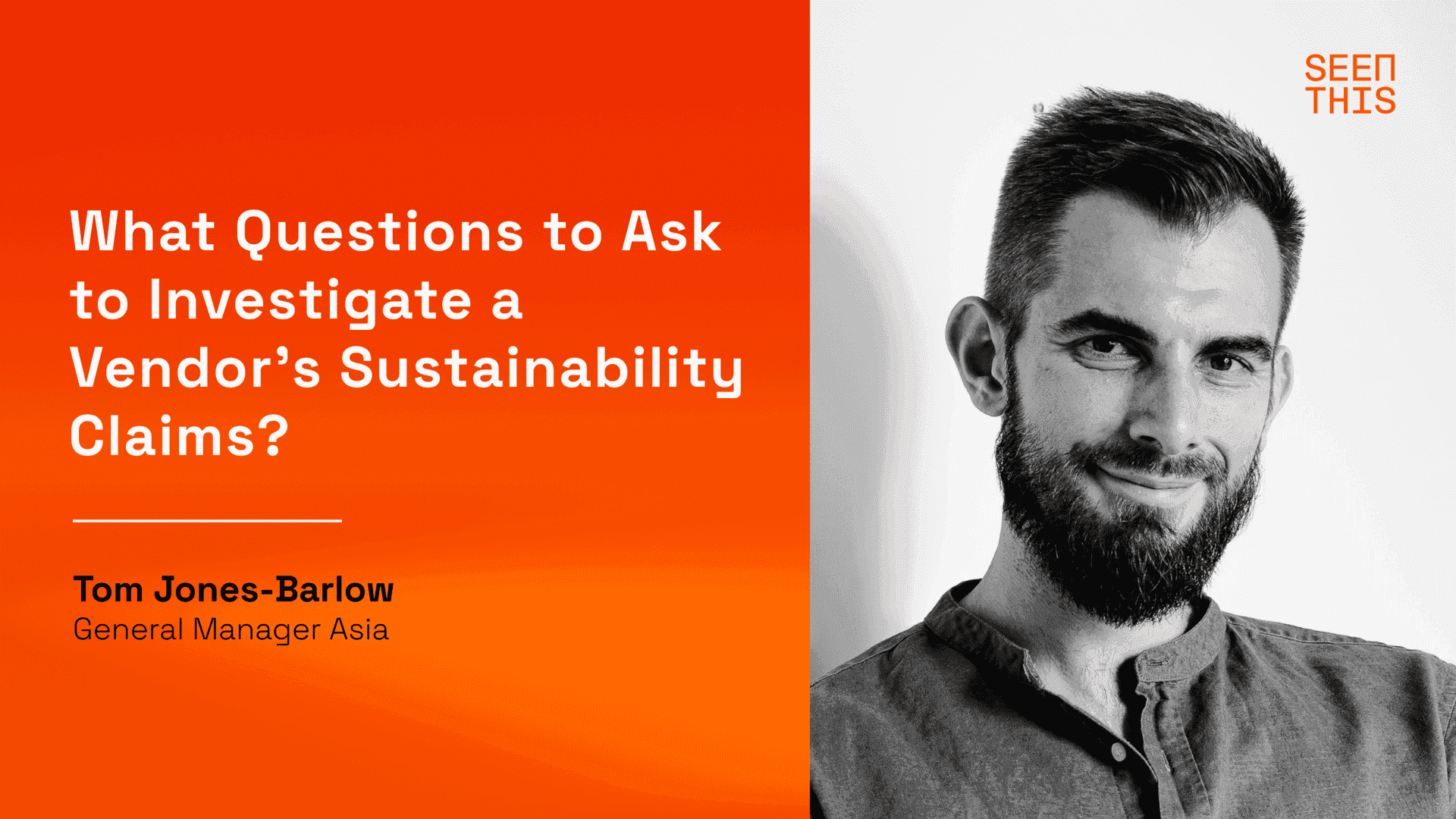Improving our sustainability and underlying efficiencies as an industry doesn’t just pose a challenge but an opportunity; for the brands, agencies and vendors who can demonstrate emission improvements while improving or maintaining bottom lines there is a gigantic commercial opportunity for the years to come.
This opportunity comes hand in hand with a rush to meet the demand, and it’s inevitable that some companies will make claims that may be inflated in order to maximise their own share.
The stakes are high with consumers alert to greenwashing and the consequences very real such as international banks facing banned ads for this reason in the past few years, so how do you avoid the climate cowboys?
Sustainability in digital advertising is a new, developing and complicated subject which does pose the question: how exactly do we act as quickly as the situation requires while providing due diligence to avoid reputational risk, or indeed investing in solutions that do not in fact deliver what they claim?
Keeping in mind the added challenge of the Asia-Pacific region, where the industry landscape is fragmented, each market has different macro factors in play and agency teams may not have the engineering or technical resources at hand to interrogate the technology. Here are some starting questions to begin reviewing options:
Do they Walk the Walk, or just Talk the Talk? This should be both quick to investigate and a good indicator as to whether a company sees sustainability as something genuinely important or views it with short-term commercial opportunism.
Has the company assessed their own emissions throughout their value chain? If so, do they produce emission reports and make these public, and do they have a plan to reduce their emissions? What are their targets? Are these targets validated by a respected third-party, such as the And ultimately, does this company know that their own impact doesn’t cancel out any supposed sustainability improvements from using their product?
Are their Claims Specific? Does this company just claim to be green? What does that mean, and why aren’t they more specific? If they claim to be “carbon neutral”, what’s their definition? Further digging may uncover the use of “offsetting” or the purchase of carbon credits, which are increasingly controversial, with the EU banning “misleading” claims based on offsetting.
Do their claims rest on using “fossil free” energy, and if so, do they equate that energy to be zero CO2? For example, nuclear energy itself may not produce emissions, but the mining of uranium, the building and maintenance of the plants certainly do.
Are their Claims Local? Powering your campaign entirely by renewables sounds great (and it is) but how is that being achieved in your market? Where are their servers based, and if it’s locally are they still renewably powered? And if they’re not local, how quickly do their ads load?
How is their Product’s Impact Measured? Technically speaking, what is being measured in terms of reductions or improvements, what is it being compared to and how is it done? What numbers are reported, and what third parties have verified these numbers are accurate or indeed are there any third parties providing the measurement itself? If some scenarios and variables are assumed, what are these and are they clearly communicated?
None of this is to suggest that partners need to be perfect, it is a complicated issue with no perfect solutions available today. But all available transparency and trust is important to protect agency and brand’s own reputations when repeating claims and ultimately this means thoroughly vetting these claims as independently as possible. Ultimately greater scrutiny can only help the industry as a whole in the long run, as one of many industries on the path to decarbonisation.

